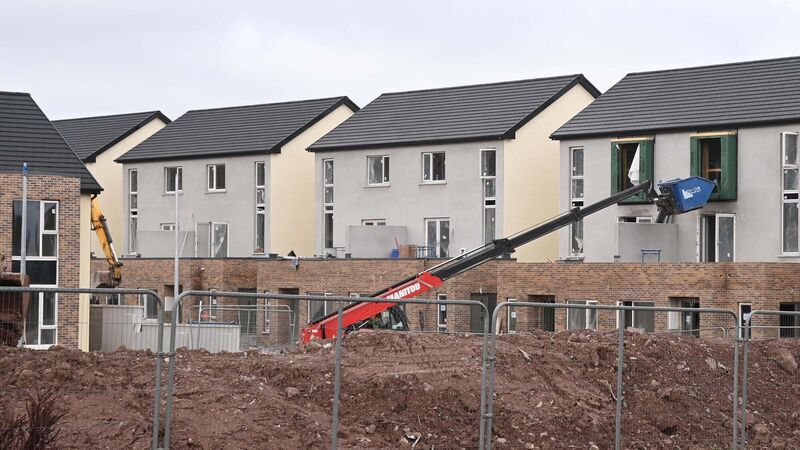Mick Clifford: There are times when the best course of action in processing legislation is to go slowly

The Planning and Development Bill 2023 will be around long after the current minister and Government have left office. Picture: Denis Minihane
There are times when it is necessary to light a rocket under the general posterior of the body politic to hurry things along.
There are times when one section of the body politic, usually the opposition of the day, might attempt to delay legislation or disrupt a schedule.













